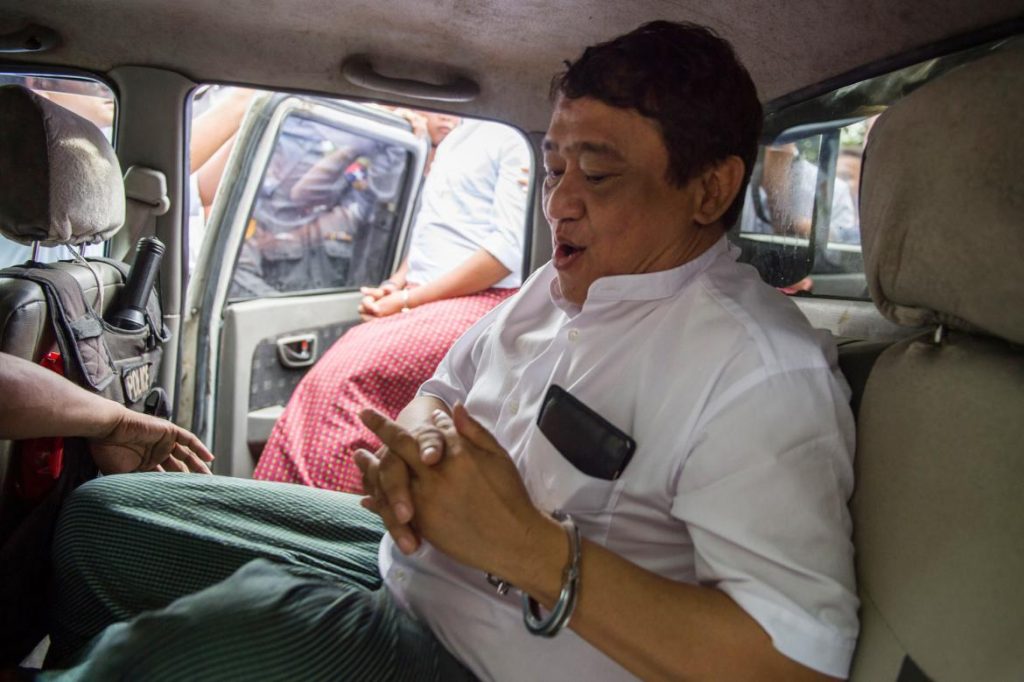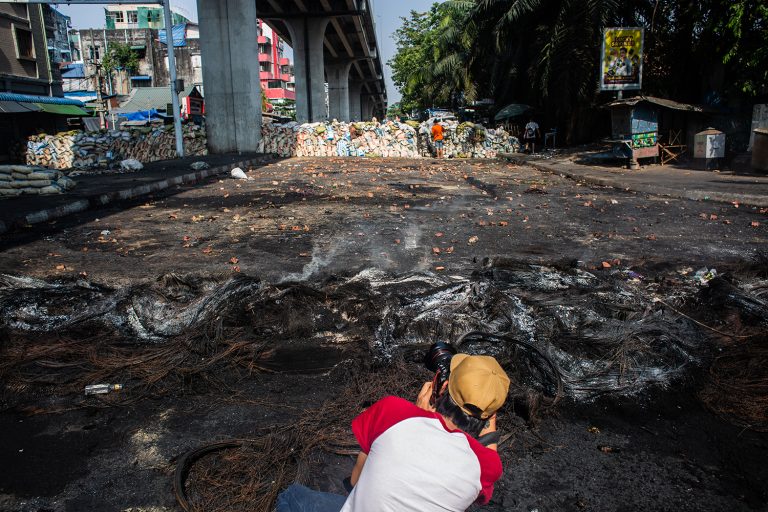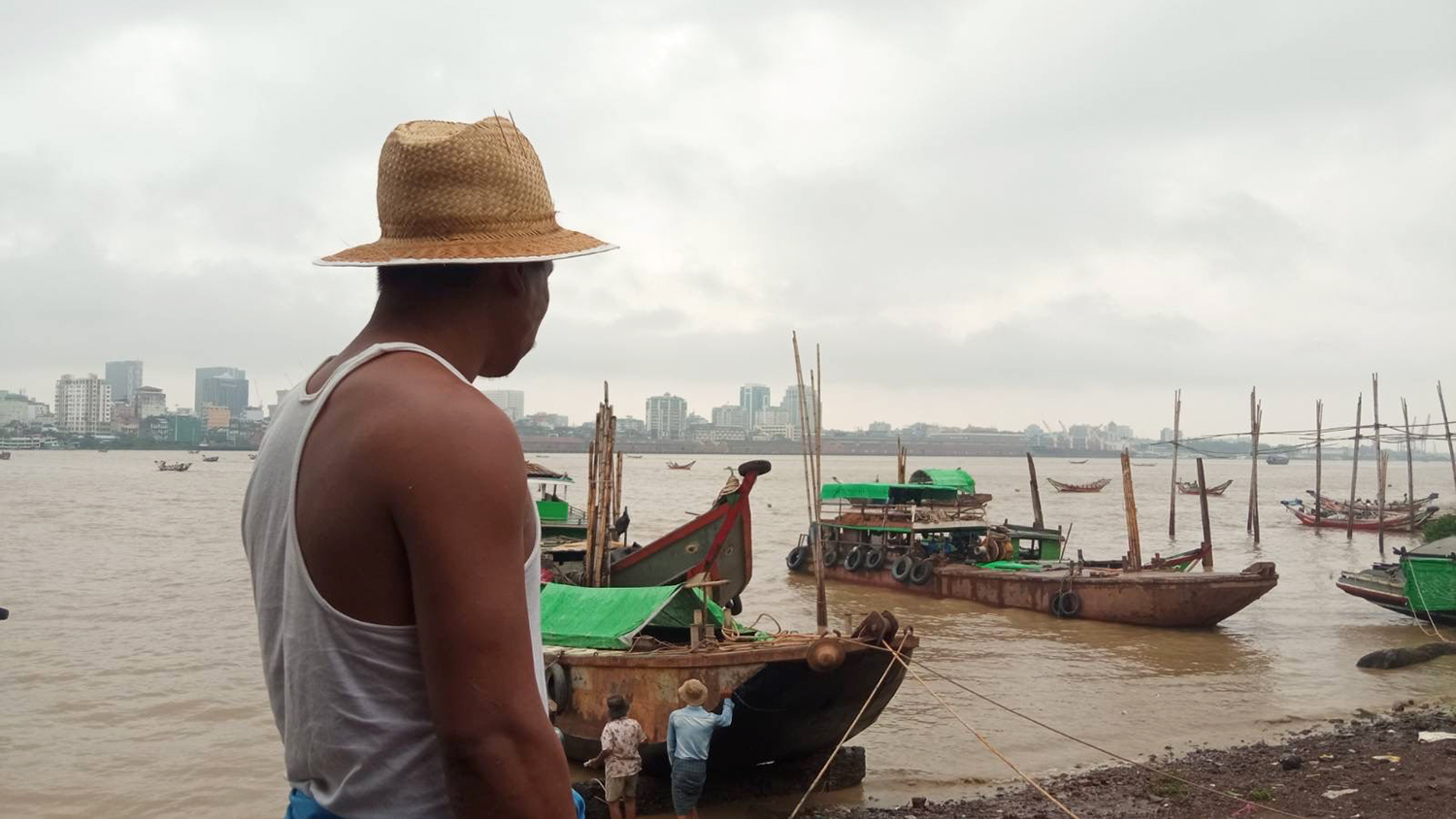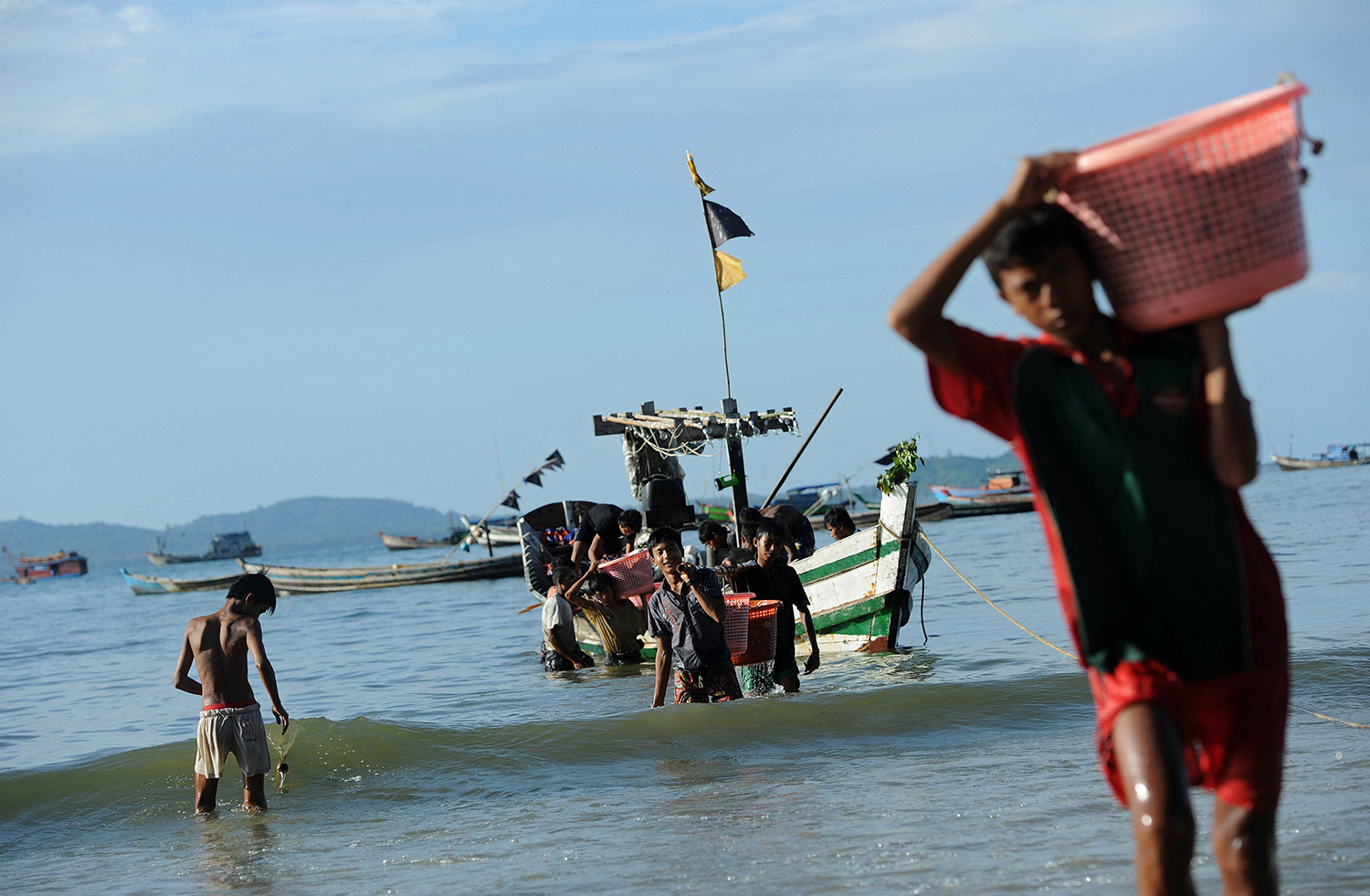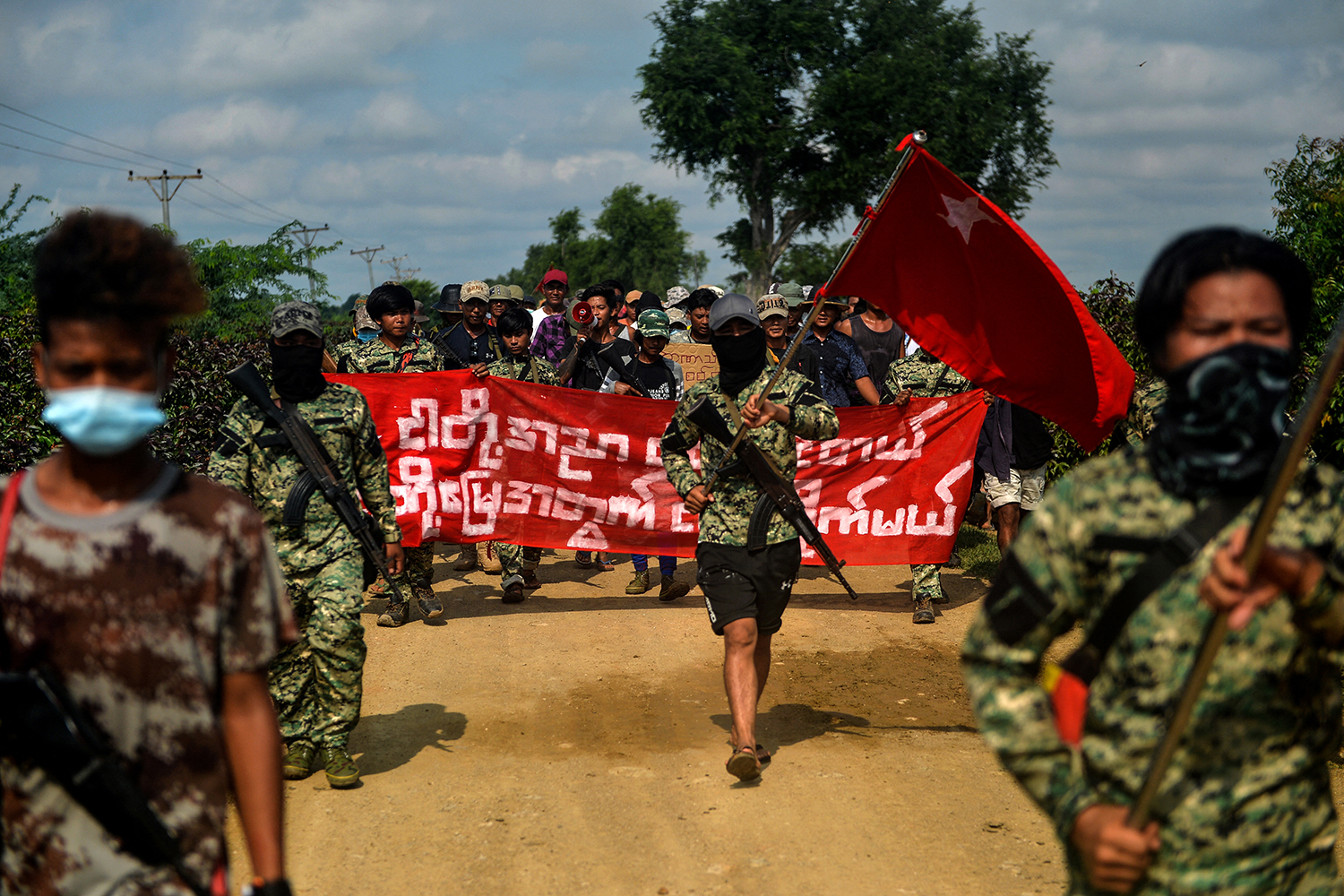The Yangon Region government’s decision to charge two executives from the Eleven Media Group with defamation over a controversial commentary has ignited a debate about media freedom and responsibility.
By SITHU AUNG MYINT | FRONTIER
THE DECISION by the Yangon Region government to sue Eleven Media Group chief executive U Than Htut Aung and the company’s editor-in-chief U Wai Phyo for defamation under Section 66(d) of the Telecommunications Law has generated intense interest.
They have been held in Insein Prison since being charged on November 11 over a commentary by Than Htut Aung to mark the first anniversary of the National League for Democracy’s election victory.
The regional government’s decision to take legal action was announced at a November 9 news conference by Yangon Region Chief Minister U Phyo Min Thein, who condemned the commentary for alleging he was corrupt, which he denied.
Versions of the commentary, some of which did not name Phyo Min Thein, were published on Than Htut Aung’s personal Facebook page, Eleven Media’s Facebook page and by members of the Asia News Network, an alliance of newspapers of which EMG is a member.
Support more independent journalism like this. Sign up to be a Frontier member.
The arrest of the two executives has been condemned by the Asia News Network and by international media and rights groups such as the Committee to Protect Journalists, the International Press Institute, WAN-IFRA and Amnesty International.
This week I would like to discuss the implications of the case for the domestic media.
This is how the commentary began:
“One year after the election victory of the National League for Democracy and seven months into its administration, fighting has resumed in ethnic minority areas, violence has erupted again in Rakhine State, inflation is rising, demonstrations occur everywhere and there is disappointment among the people.”
The offending sentences follow:
“Corruption and cronyism, developed under previous governments, have accelerated and the relationship between the cronies who control most of the country’s wealth and the new NLD government disappoints the people who voted for the NLD. The relationship between already corrupt bureaucrats and top-level officials of the seven-month-old government is disappointing. “
“The widespread news on social media that a chief minister whose official salary is only $2,500 is wearing a Patek Phillipe watch worth about $100,000 has enraged the majority of citizens who earn $2.50 a day. The person who gave the valuable present to the chief minister is a billionaire drug user who was recently released from prison and who acquired the tender for a new town project during the transition between governments. A friend of mine who always wears a Patek Phillipe watch told me that on the two times he met the chief minister he was wearing the luxury watch, though he cannot confirm who gave it to him.”
Although the commentary did not name names it was clear from the context that it was referring to Phyo Min Thein. The thrust of the commentary was that corruption exists in the relationship between the NLD government and cronies.
Phyo Min Thein responded to the publication of the commentary in international and domestic media by calling the news conference to deny the allegations and to announce the legal action. Two days later Than Htun Aung and Wai Phyo were charged and taken into custody.
Domestic media groups have been sharply critical that the pair were arrested without bail and have also objected to the use of Section 66(d) in the case. However, there is no journalist in Myanmar who believes what Than Htun Aung wrote was factual or that the commentary complied with media ethics. However, as of the end of November, neither Than Htut Aung nor EMG had issued a statement saying the commentary was inaccurate or had offered an apology.
One reason for the intense domestic media interest in the case is because Than Htut Aung and Eleven Media Group have taken action against journalists and others for defamation under Section 66(d).
They have also sued journalists, including this columnist, under Section 34(d) of the Electronic Transactions Law, which prohibits the publication of information “detrimental to the interests” or harmful to the dignity of an individual or organisation, and have launched about two dozen civil suits demanding hundreds of millions of kyat in compensation against journalists and others.
The Voice reported last month, quoting Eleven Media chief reporter U Man Thu Shein, that EMG planned to drop the complaints it had filed under Section 66(d).
The case that is sure to continue to generate headlines in Myanmar and overseas over the issue of media freedom.


